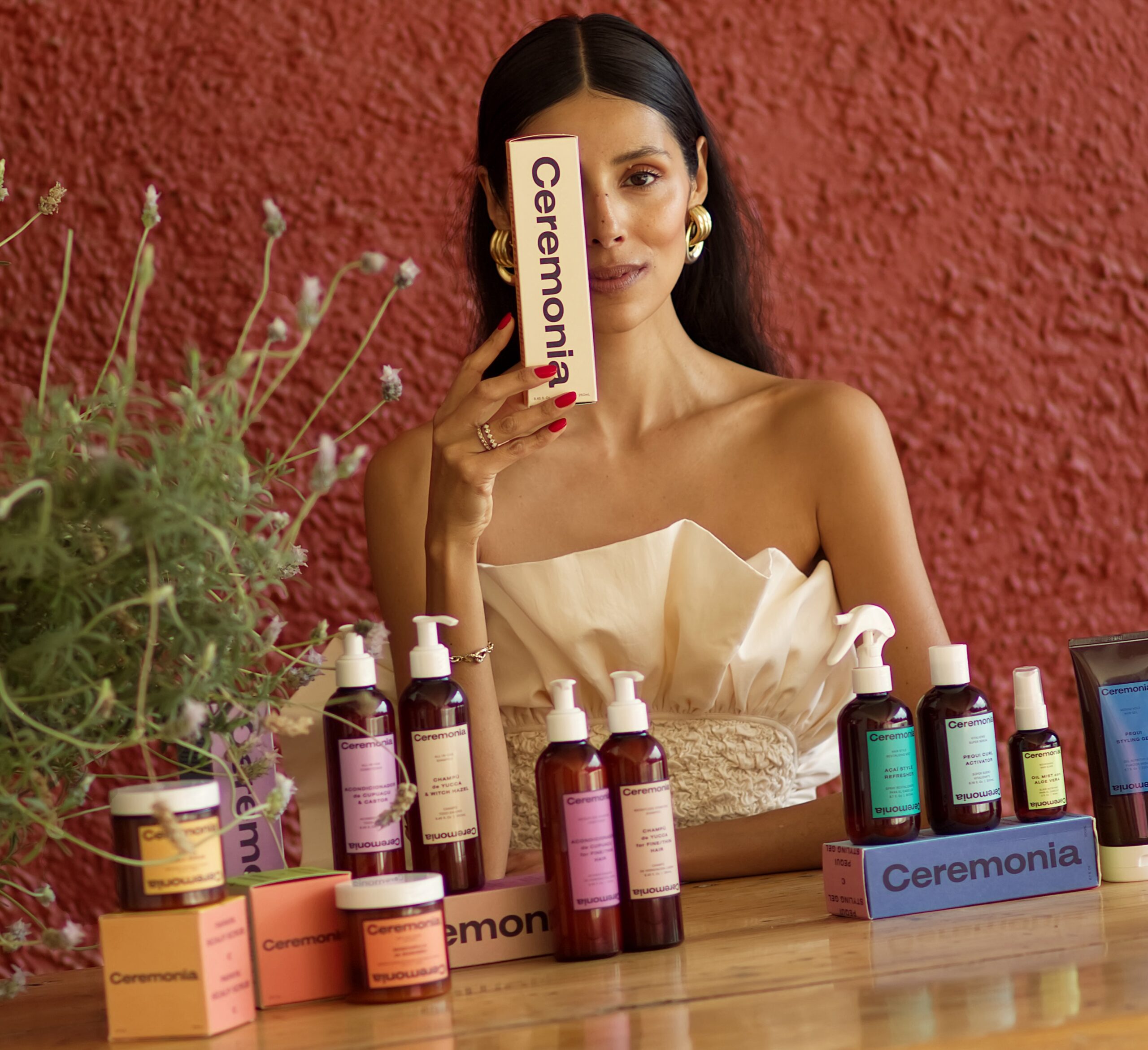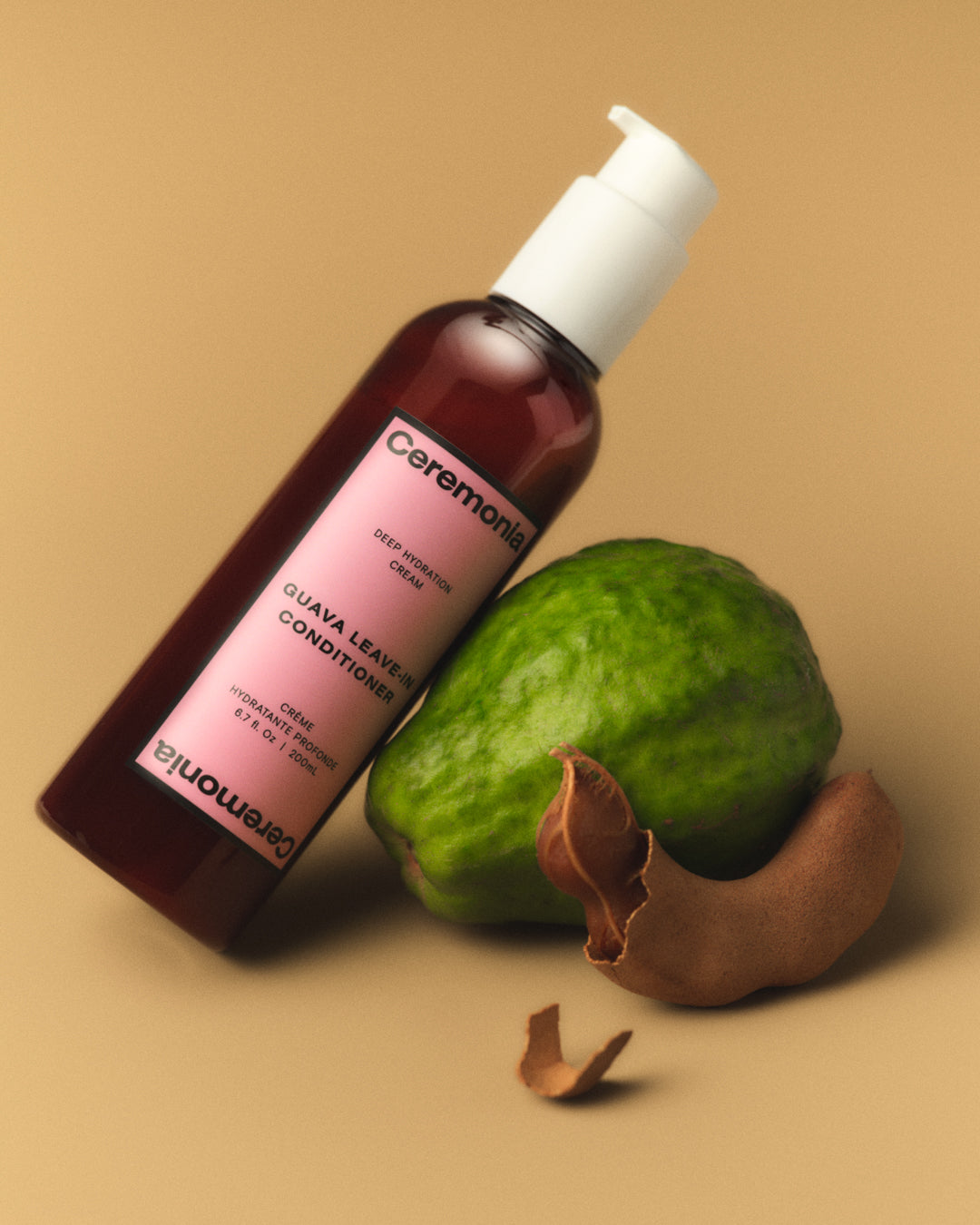Our view at Stack - Shopify has just about everything you need if you're looking to sell online. It excels with unlimited products, user-friendly setup, and 24/7 support. It offers 6,000+ app integrations, abandoned cart recovery, and shipping discounts up to 88%. Plus, it allows selling both online and in-person, scaling as your business grows.
Growing up as the daughter of a Chilean hairdresser in Sweden, Babba Rivera experienced firsthand the challenges of cultural identity and professional limitations. So, she launched her hair care brand, Ceremonia, with a mission to transform an entire industry by celebrating her Latin American roots and challenging beauty’s status quo. Accepting and celebrating her heritage is a coming home of sorts for Babba.
“I spent my entire childhood and teenage years running away from my culture,” Babba shares. “Ceremonia has helped me make peace with my heritage and truly own my full self.”

Key strategies for disrupting an industry
1. Identify unmet consumer needs
Since Babba grew up around hairdressers, she knew that everyday women were sometimes concerned about their hair health and how their hair was styled. But, there was a critical gap in the hair care market: Products often focused on styling over genuine hair health. “The hair aisle had been dominated by a styling-first approach, fronted by celebrities,” she explains. “Most people aren’t walking red carpets—they’re just trying to have a good hair day.”
After diving into the ingredients in common hair care, Babba realized the ingredients weren’t actually good for long-term hair health. “I’m talking about ingredients like sulfates, parabens, [and] silicones,” she says. “[Silicon] is one of the sneakiest ingredients. It’s literally in almost every kind of hair product, and it’s sort of like a microplastic that will create the illusion of shine because you’re putting this coat on your hair, but over time, that same ingredient is actually making your hair drier, less shiny, and more prone to breakage.”

2. Connect and consult with your community
Instead of developing her brand in isolation, Babba hosted intimate lunch gatherings to understand her potential customers’ experiences. These conversations became her primary market research tool.
Key community-building tactics included:
- Hosting roundtable discussions about cultural identity
- Creating WhatsApp groups to continue dialogue
- Inviting community members to participate in brand surveys and share personal experiences about their heritage and hair care journeys
3. Embrace your unique perspective with confidence
Babba’s advice for entrepreneurs: “Stand for something for someone. Otherwise, you’ll end up being nothing for no one.”
For Ceremonia, this meant rooting the brand deeply in Latin American cultural rituals, using native ingredients found there, like guava and tamarind—ingredients she associated with her childhood and that held cultural significance for her family. This intentionality created a brand that feels inclusive yet specific.

4. Prioritize authentic product development
Ceremonia’s differentiation was key to making a name for itself among the saturated hair care category. The brand embraces differentiation itself through meticulous ingredient selection.
The brand:
- Rejects toxic ingredients like silicones and sulfates
- Develops products that treat hair concerns, like split ends, and doesn’t just mask them
- Involves real customers in product development
It might take longer, but entering beauty or another established market means competing against established giants. Babba’s strategy? Leverage startup advantages! These include, moving quickly to innovate or pivot, engaging directly with customers through DMs or WhatsApp groups, and using her passion for her products as her unique value proposition.
“Most big corporations only look at historical data,” she notes. “But data doesn’t tell you about the future—intuition does,” Babba says.
Today, Ceremonia has won more than 45 product awards, is carried by Sephora, and is an outlet for Latin Americans to celebrate their cultural heritage through their hair care—all thanks to Babba’s courage to act on what she saw was missing in the hair care landscape.
Babba’s journey proves that representation matters—not just in marketing, but in product development, brand storytelling, and community building. Remember, if you see gaps in the marketplace, that’s an opportunity for you to step in and fill that gap. Tune in to the full Shopify Masters podcast to hear Babba’s journey sourcing, scaling, and pitching her way onto the shelves at Sephora!
If Shopify is of interest and you'd like more information, please do make contact or take a look in more detail here.
Credit: Original article published here.
